I have several bad habits I should probably change, but among the worst is that every night I read the news in bed. I scroll through stories of troubled celebrities, natural disasters and chemical attacks because I like to know what’s going on in the world, even if most of it falls somewhere between depressing and deplorable on any given day.
But after last night, I don’t think I can do it anymore. “Bullied 12 Year Old Girl Commits Suicide,” the headline roared. As the mother of ten-year-old and eight-year-old girls, how could I not click the link?
Her name was Rebecca Ann Sedwick. And for no particular reason, this beautiful girl was targeted—mostly through social media, of course—by the worst of all predators: bitchy tween-girl bullies. “Go kill yourself,” they wrote on her various profile pages, and “Why are you still alive?” Her parents weren’t the checked-out kind, nor was Rebecca hiding the abuse. They switched schools, closed accounts and notified authorities, but the torment continued. After researching various methods of suicide online, Rebecca Ann Sedwick jumped to her death from a cement tower.
She was twelve years old, you guys. Twelve years old.
“They got what they wanted,” Rebecca’s mom told reporters through tears.
News reports say that the local Sheriff’s Office is “considering filing charges against the juveniles who sent the hostile messages.” They’re considering it? If I were Rebecca’s mom, I would demand it. But I wouldn’t stop there. I’d fight with every ounce of energy I had and down to my last penny to have the parents held accountable, too.
Because if your kid is bullying another kid, it’s your fault. Please don’t skim over that sentence and assume it’s just an angry, finger-pointing rant, because it’s not; it’s a fact. IF YOUR KID IS A BULLY, IT’S YOUR FAULT. If the child being bullied kills him or herself, that’s your fault, too. Because somewhere along the line, you failed in the biggest, most epic way imaginable. You forgot to teach your child right from wrong. You left out critical, ongoing lessons of basic human kindness and compassion. You neglected to make it painfully, indisputably clear that we don’t intentionally hurt other people, whether by name calling or exclusion or tagging them in unflattering Instagram photos. You forgot to tell your kid that it’s not enough not to be a bully; that as part of the human race, she’s obligated to step in and speak up when she sees someone else doing it. You were so worried about your own child being a victim that you didn’t consider the fact that he could be a perpetrator.
Here’s the thing: Children aren’t miniature adults; they’re only partially-formed beings. They can be cruel, because it feels good to have power for a minute and because they’re learning how to navigate their world’s social hierarchy and find their place in it. They say and do things they shouldn’t because their minds can’t grasp the fact that their words and actions can have devastating consequences. We wouldn’t expect our children to know how to eat healthfully or fill out a tax return form or work a fire extinguisher without instruction; likewise, we wouldn’t assume that by doing these things ourselves they would “learn by example” and our work would be done. We are obligated not just to love and feed and clothe our children but to teach them.
And we’re failing.
We need to open our eyes and talk to our kids about girls like Rebecca—and Hannah Smith (14) and Sinead Taylor (15) and Alexa Berman (14) and Amanda Todd (15) and the countless others whose names we know only because they took their own young lives. We have to make sure they know that it happens to boys, too, boys like Thomas Thompson (11), Bart Palosz (15) and Joel Morales (12) who tragically decided that they would rather be dead than suffer another minute of torment or ridicule by their peers. We need to get our heads out of the sand and ask our kids how much of this they see (I bet you’ll be amazed at what they tell you simply because you asked). We need to ask our kids how they think the parents and sisters and brothers and friends of these victims feel; how they’d feel if it were (fill in name of sibling/friend/cousin/neighbor). Yes, these are heart wrenching conversations to have, but as parents, it’s our job to have them.
Before it’s too late.


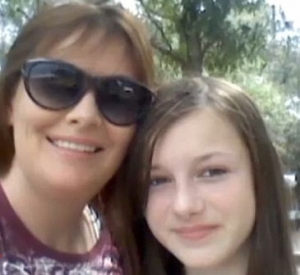

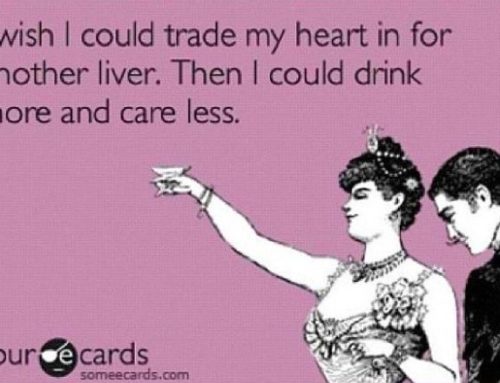
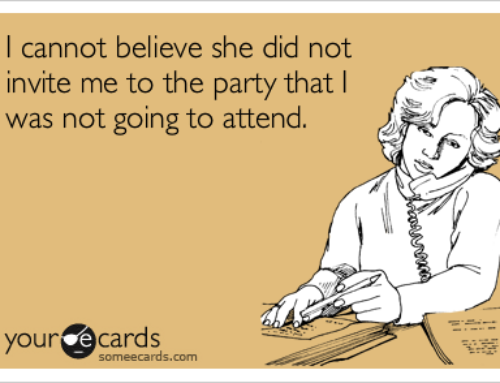
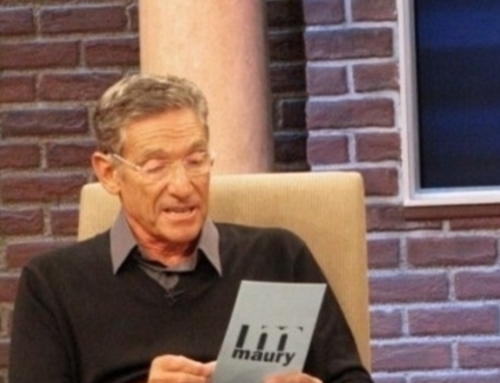
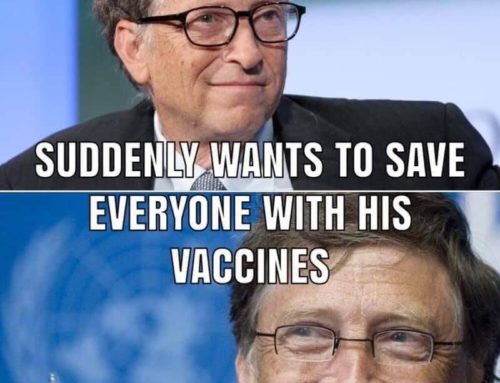
Leave A Comment